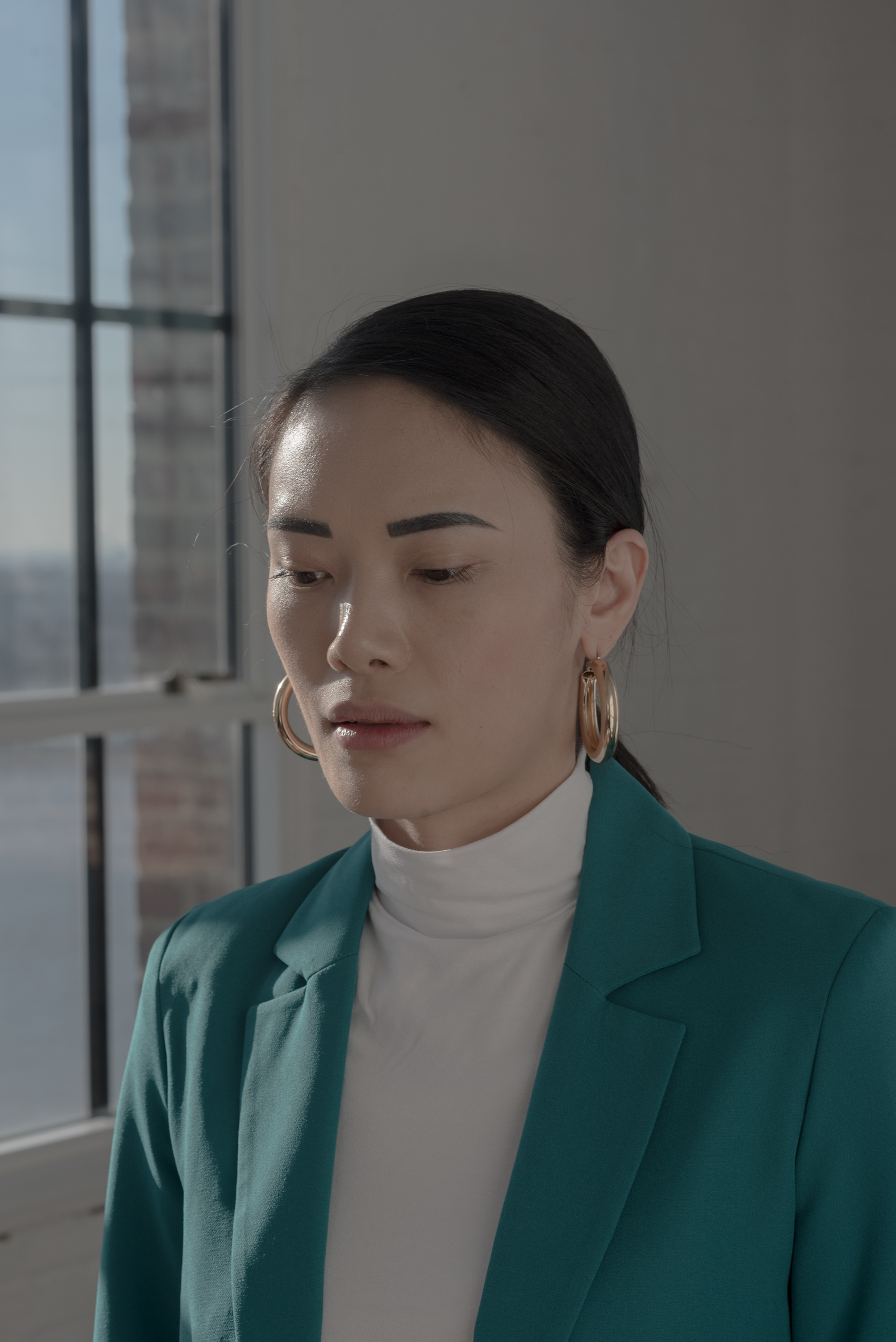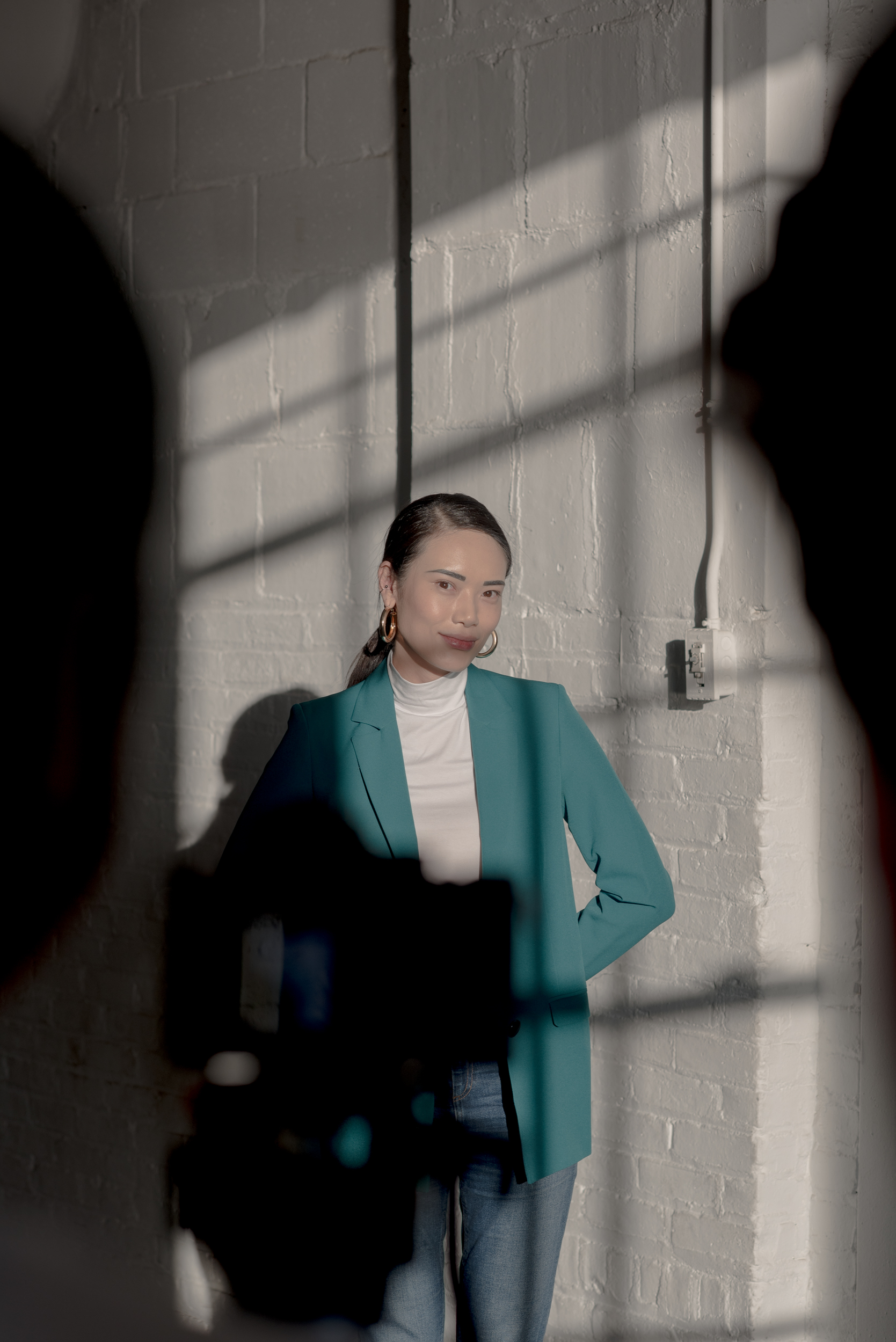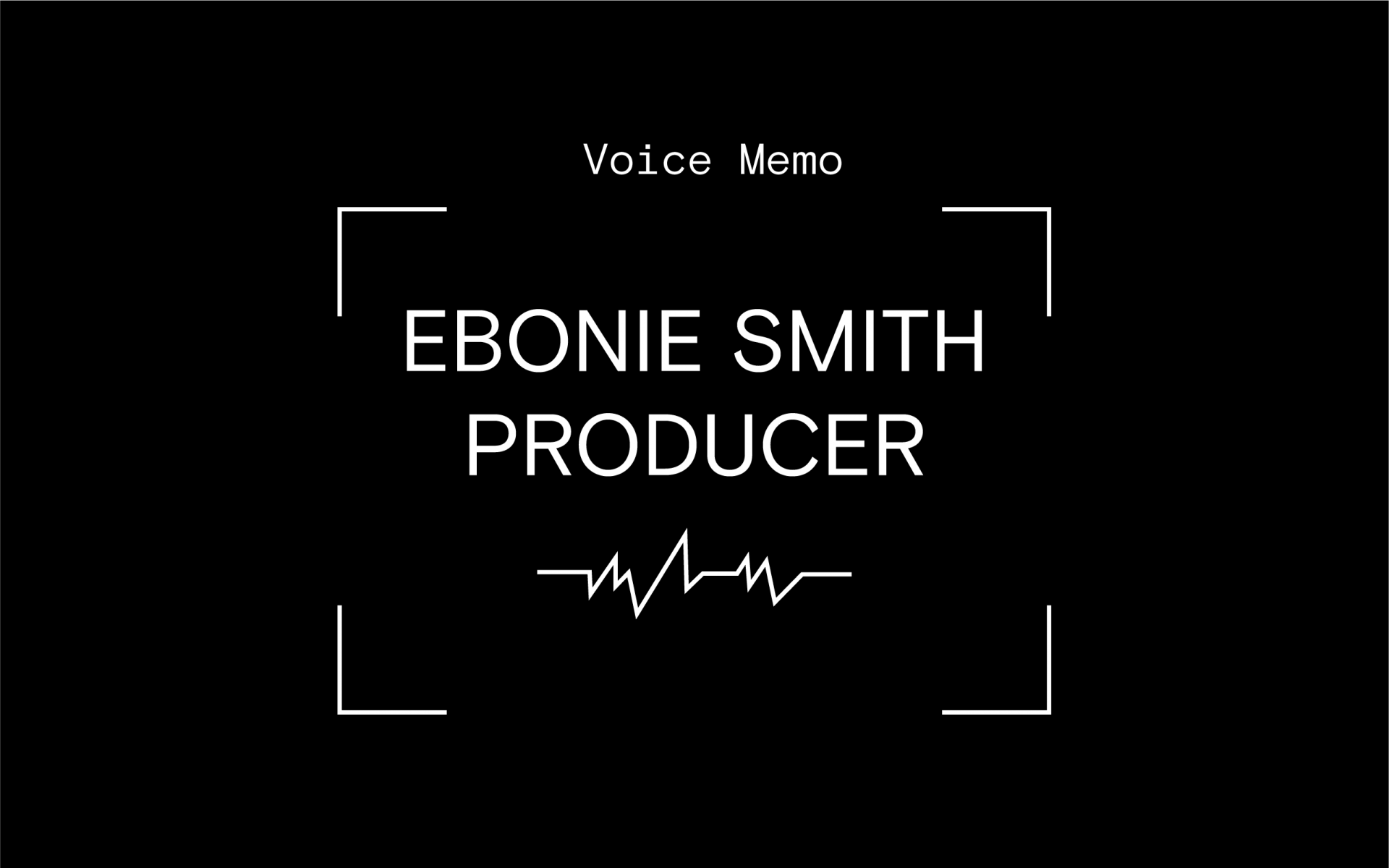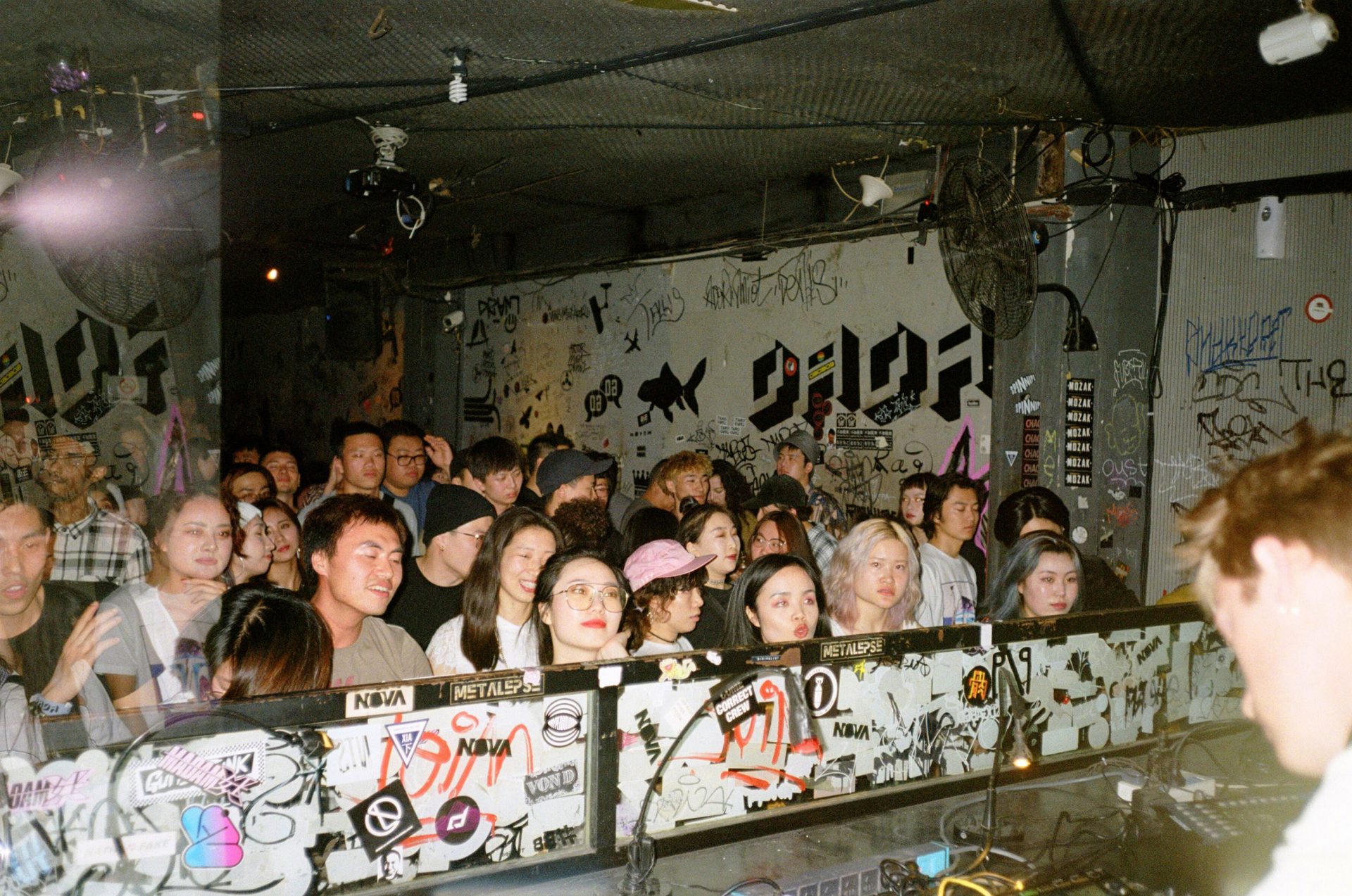Elevator doors part and Nancy Lu is already mid-stride. As she finishes a text to a client, with a Hello Kitty charm dangling from her phone case, she reveals a sanguine smile that suggests whatever conversation she’s just had was a good one.
Five years ago, Lu founded Fancy — a boutique music PR agency where she’s counseled artists like Sofi Tukker, Rhye, and Jimi Somewhere.
“So many of my friends and some people I hardly even know, call me ‘Fancy Nancy,’ so I just rolled with it.”

Lu has been involved in music publicity for just shy of a decade, working alongside management companies with independent and major-label acts.
“When you see a band start from playing a small room of 50-100 people to playing Coachella in a matter of a year or a few, that’s when what I do is really rewarding,” Nancy remembers, alluding to Sofi Tukker’s near-instant success.
When it comes to DIY music publicity, Nancy has plenty of insight. Watch the Voice Memo below, and keep reading for some advice that may just get your next single the placement you’ve been chasing.
It’s a marathon, not a sprint.
“A lot of times what independent artists do that trips them up is they finish one thing and they’re super happy with it because they feel like it’s a great representation of themselves to the world, and they want to put it out immediately. But when you don’t have anything to follow that debut single, you’re doing yourself and your music a disservice. If you have other music — two, three songs, or an EP — then you’re giving yourself a runway to continue growing and building off of the success of the first release.”
Get organized before reaching out to journalists and publications.
“Have a well-written bio, photos that represent what you want to put out visually about your brand, and streaming links or mp3s of your music. Google Drive and Dropbox are your friends, and you should have everything there with a link ready to go.”
Show writers you’re paying attention to their work.
“When you’re ready to reach out to an editor or publication, do your research first. Take a look through the publication, the things that they’ve covered recently. Or if you’re looking for a specific person to reach out to, look at what they’re writing about. If you’re making country music, you’re not going to reach out to the metal writer. Familiarize yourself with the person that you’re reaching out to, because you don’t want it to come across as an automated email that feels cold.

Send a follow up, but don’t overdo it.
“Writers and editors have very limited time on their hands, so don’t be too aggressive following up. If you don’t hear back in a day, two days, a week — give it a little bit of time. Two weeks is a fair amount of time to send another email, but don’t force anything. You can knock on a door a lot but you need to be methodical about it.”
A publicist who likes your music will be a better publicist.
“Your publicist should be an extension of your project. They’re your representative to the outside world — to journalists — so they are essentially like your hype man. And sometimes it’s better to have somebody else tell other people about how great you are rather than you doing it for yourself.”
Social media matters.
“There are artists who are really great at using memes; they know how to connect with people on Twitter, or connect with people on Facebook, Instagram, or Tik Tok. It’s a really organic way to get people interested in you and what you have to say and which you can then transition it into interest in your music.”
Get in touch with Fancy about your next release here, or follow Nancy for her takes on what she’s listening to and also the best snack spots in NYC.
This interview has been edited and condensed for clarity.
Nate is the Founder and Creative Director of Babyface, a design and content studio building experiences for URL and IRL. He’s worked with brands including Nike, sweetgreen, Hello Mr., Away, Thinx, and the National Geographic Channel, but mostly he’s just hell-bent on improving queer representation in the creative industries.
Interested in writing for Level? ↳




